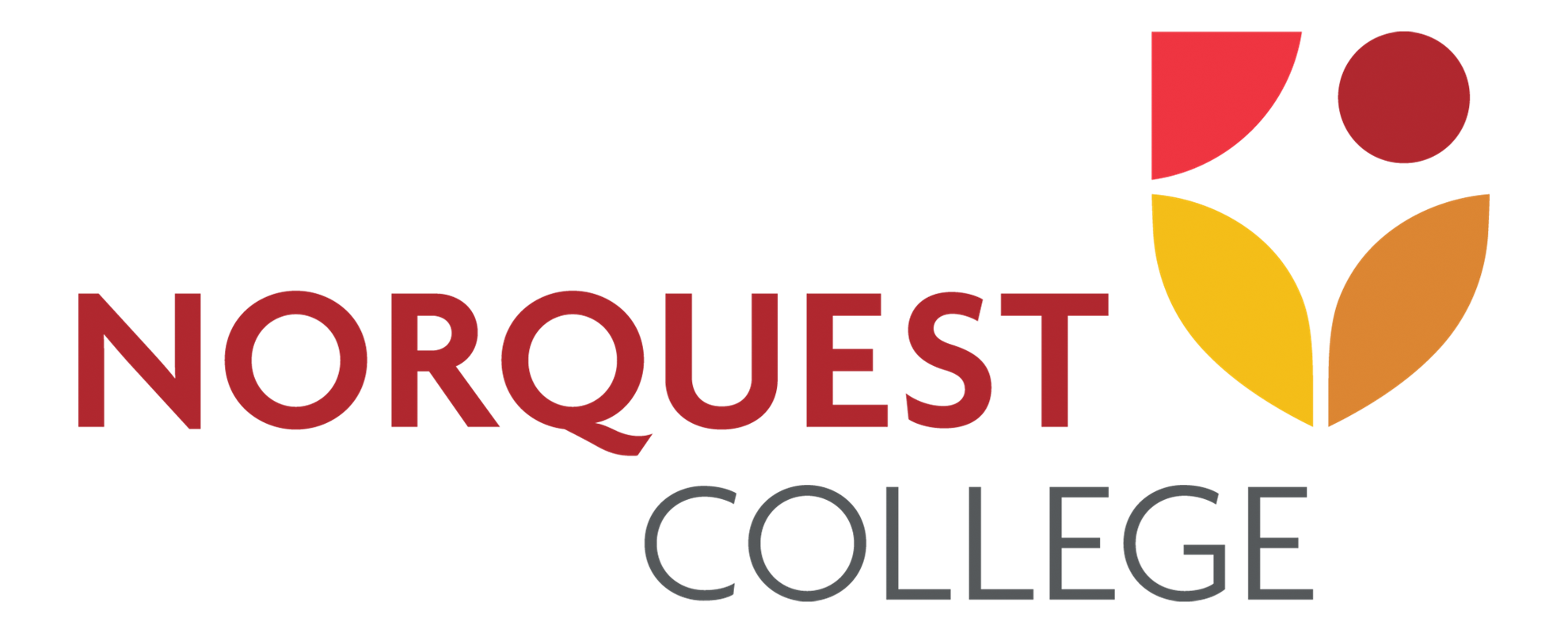Something's Up - Norquest College
Posted by Tamisan Bencz-Knight on Dec 19, 2016
Todd Odgers, Principal, Centre for Intercultural Education

Todd Odgers from Norquest College joined us to share insights into the future. Our morning talk was insightful and showed the changes we are experiencing as a community.
1. Responding to "the new reality"
2. Noticing "something's up"
3. An intercultural framework to apply
4. Expanding habits of mind
5. Final metaphor to apply
“Green comes from blue and is better than blue” ~Chinese expression
One major change that we occasionally forget as we grow (or age) is that the world is changing with us differently. Not bad, just different. For example, our original ethnic origins in Alberta were English, German, Irish, Scottish, French, Ukrainian, Aboriginal, Dutch, Polish, Norwegian and Chinese. As of 2010, Alberta immigrant origins have changed to Philippines, India, China, UK (and colonies), USA, Nigerian, Pakistan, Germany, Mexico & South Korea. With these changes in our populations, we need to make adjustments to support our new neighbours. Norquest College is living and breathing these changes to ensure that they are relevant.
Ting-Toomey described "cultural distance" in 1999 as "the degree of psychological adjustment that is needed to bridge the dissimilarities between the culture of origin and the culture of entry." As we encounter our cultural differences there are four steps to help adjust to the cultural distance. First, notice that "something's up"; suspend judgement (which is often the hardest thing to do); make sense (ask more questions) and then lastly, make informed action (adjustments or changes that will be beneficial to all parties.
Two additional definitions to help with transitions and changes are intercultural sensitivity and intercultural competence. Intercultural sensitivity is the ability to discern and experience relevant cultural differences; whereas, intercultural competence is the ability to think and act in appropriate ways that support the achievement of goals in culturally diverse contexts.
More to come....